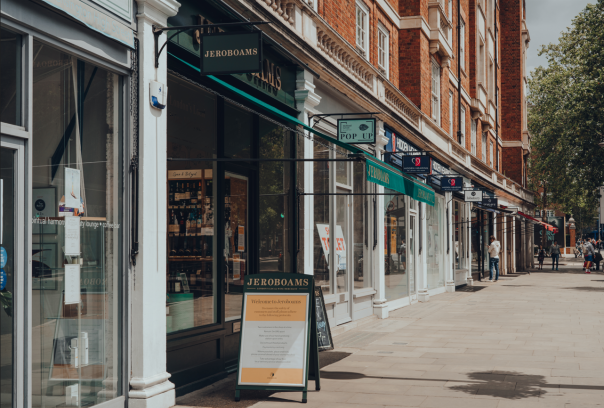
Europe’s largest virtual food brand operator commissioned an independent survey of 250 decision-makers in senior management positions within UK hospitality businesses (restaurants, takeaways, cafés and bars). It found that 44% are currently operating at a loss.
A third (34%) of hospitality leaders do not think their business will survive the next 12 months, while 70% expect they will have to increase prices within that timeframe.
The study found that more than half of hospitality firms have been negatively impacted by the rising cost of goods (53%), with a similar number affected by record energy bills (50%).
A third (34%) are struggling with higher interest rates, while 29% struggle with increased commercial rents. More than half (55%) are struggling to find enough staff to operate effectively.
Inflation is not just ramping up hospitality business costs – the majority (70%) say customers are spending significantly less than they were 12 months ago.
Sam Martin, chief executive of Peckwater Brands, said: “Conditions for hospitality businesses are undoubtedly tough, with record food inflation, skyrocketing energy bills and falling consumer spending all having a notable impact.
“Our research shows lays bare the stark reality; so many establishments are loss-making and many fear for their survival.
“Unfortunately, the challenges facing the hospitality sector will not disappear any time soon. Raising prices might be the only option available to many businesses, but with consumers wrestling with a cost-of-living crisis and seeking out lower prices wherever possible, this action could damage their customer bases.
“Just as during the pandemic, hospitality businesses must rely on ingenuity, efficiency and innovation to survive, let alone thrive – they must seek out all opportunities available to them, whether that is to lower costs or find ways of boosting revenue and order volumes, such as improved marketing or operating secondary virtual food brands out of their kitchens.
“One can only hope that in the coming months, inflation falls sharply and overheads drop, ensuring hospitality firms are not forced to close their doors. If they were, local high streets would be greatly diminished, as would the UK economy.”